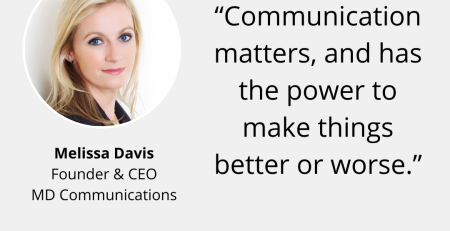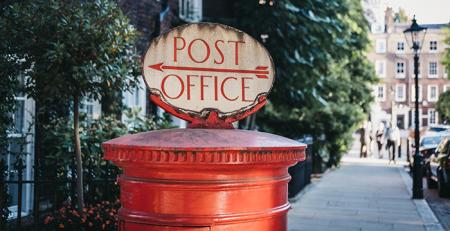I’m taking a break for Easter and in doing so finding more time to read reviews and other lighter bits of news. Whilst cracking open the Campari I took a sharp intake of breath to observe the PR disaster for a famous hotel that is restaurant critic Jay Rayner’s latest review for the Observer.
The Georges V Hotel in Paris has served up high glamour to elite guests since 1928 – think Ernest Hemingway getting all champagned up with Wallace Simpson while Josephine Baker sings (I made that meeting up, but you get the general vibe).
And the Georges V has kept it up – now part of the Four Seasons hotel group, its restaurant Le Cinq has three coveted Michelin stars.
It’s here that Jay had a not-very-nice time. Hashtag disaster.
In the critic’s own words: ‘There is only one thing worse than being served a terrible meal: being served a terrible meal by earnest waiters who have no idea just how awful the things they are doing to you are. And so, to the flagship Michelin three-star restaurant of the George V Hotel in Paris, or the scene of the crime as I now like to call it.’
Ouch. Though as it cost £520, I’m splitting my sympathy 50:50 between the reviewer and the restaurant.
A place with George V’s past doesn’t live or die by one review – this isn’t some trendy Peckham pop-up trying to make a name for the owners. But it is a problem. Jay Rayner is one of the most technically knowledgeable of all restaurant critics, so when he writes that a canapé ‘pops in our mouth to release stale air with a tinge of ginger. My companion winces. “It’s like eating a condom that’s been left lying about in a dusty greengrocer’s”‘, this can’t be written off as a bad moment on TripAdvisor.
Now, without meaning to be rude about plutocrat restaurant goers, some may have eaten that canapé many times and come back for more. But reputation matters here.
They come back for more in part because they have been told and convinced that they are getting the best. When that changes, in this market, the same canapé leaves a different taste.
When I visited a top London restaurant with a three-month waiting list I expected something fabulous. Instead I got less than average and a large bill. Dissatisfied with the experience, I wrote to them. I advised them of the risk of reputation damage by serving up such a disappointment and that I would not be bringing my international clients there – and would certainly not be referring them.
For a sector that is based on referrals I think we all know how important reputation is to getting them… so what did they do? They invited me back. They gave me the real five-star experience. I have been back. Several times. I have referred them. Several times. So instead of a disgruntled customer they have a brand ambassador.
What should George V management and Four Seasons PR do?
First, they should of course go for lunch. In any PR crisis, your information needs to be as accurate as possible, or you sound like the pet show owner in Monty Python’s ‘dead parrot’ sketch. At their own gaff. If Jay Rayner is right about the general disgustingness of the food, they could fire the chef and press release that.
They would of course then have no chef, which is also a problem. What if Prince Harry drops in wanting an omelette?
Their first actions should be behind-the-scenes stuff. They should establish what went wrong – can it be fixed, then communicated? Was it the chef and team’s annual offsite bonding day? Were the ingredients subject to a supply problem? Why was this meal so seemingly different to the Michelin inspectors’ meals?
Answering these questions, then communicating the restaurant’s response (however discretely) is the key to this. The question any action has to answer is the one a customer paying £520 wants answered: am I getting the best, or am I being taken for a ride? No one likes to be taken advantage of.
Going by the Jay Rayner review, I’d say the menu might be due an update – he suggests it’s neither completely original nor reassuringly ultra-classic. It also sounds like staff may need different training.
And what then? Well, they could ask him back for lunch, listing things they’ve either changed or checked and hope he comes.
Even if he doesn’t write about it, it sounds like they owe him a better meal – the one he had was more ‘Death in Venice’ than ‘April in Paris’.
Unless of course this review didn’t matter to Four Seasons and the George V.
It should though. They work in a world where service and quality – carefully delivered, over decades and through a World War in this case – has built their reputation.
Bon appetit.












